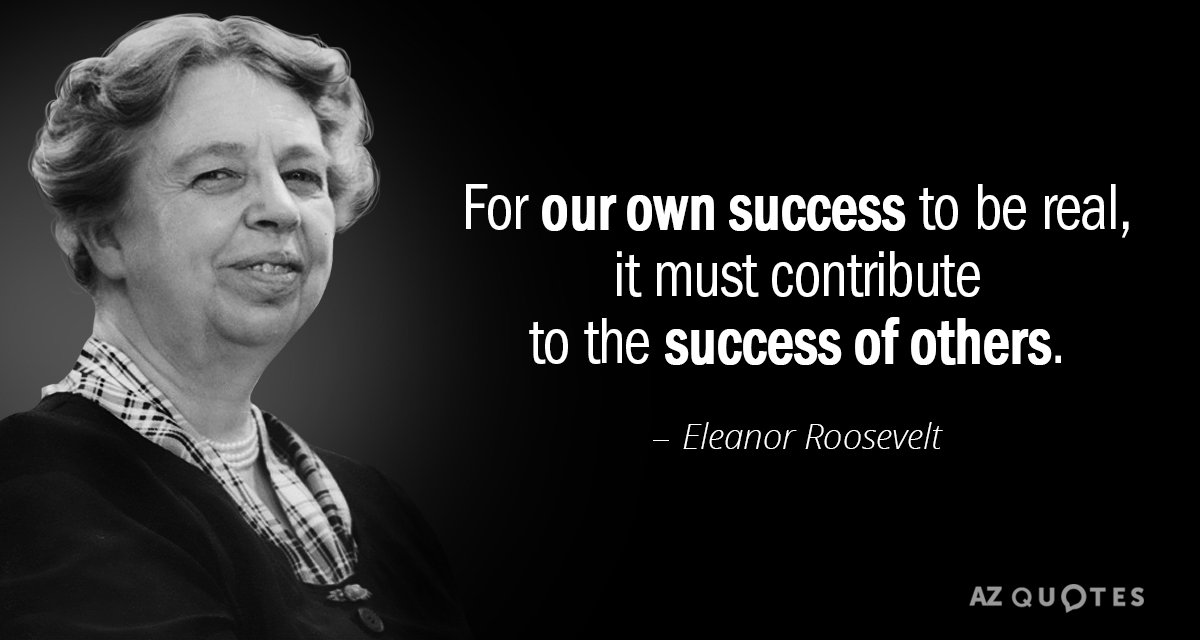Universal Declaration of Human Rights
December 10, 2018 marked the 70th anniversary of the adoption of the Universal Declaration of Human Rights (UDHR) by the United Nations General Assembly. The UDHR consists of 30 articles affirming an individual’s rights. Although not legally binding in themselves, the articles have been elaborated in subsequent international treaties, economic transfers, regional human rights instruments, national constitutions, and other laws.
A Foundation for Decency and Dignity
Former First Lady, Eleanor Roosevelt, led the U.N. committee that developed the UDHR. It set a world record in 1999 for being the most translated document in the world. In short, the Declaration has become a yardstick by which we measure right and wrong in the global community. Essentially, it provides a foundation for a just and decent future for all. Additionally, it has given people everywhere a powerful tool in the fight against oppression, impunity, and affronts to human dignity. Indeed, many renowned humanitarians, including Mahatma Gandhi, Martin Luther King, Jr., and Nelson Mandela have bravely championed its principles.
Mrs. Roosevelt supported the adoption of the UDHR as a declaration rather than as a treaty. She believed that it would have the same kind of influence on global society as the Declaration of Independence has had on the United States.
Inalienable Entitlements
The rights enumerated in the Universal Declaration are not a reward for good behavior. They are not country-specific. Nor are they particular to a certain era or social group. Conversely, they are the inalienable entitlements of all people, at all times, and in all places. In particular, they are endowed to people of every color, race and ethnic group; whether or not they are disabled, citizens, or migrants; no matter their sex, class, caste, creed, age or sexual orientation.
Inspiring Ideals and Timeless Truths
The UDHR is a treasure trove of inspiring ideals and timeless truths. Hence, I am left wondering why it never came to light in my history, civics, or humanities classes. Moreover, why are we not dusting it off and asserting its truths in the face of growing acrimony, antipathy, and atrocities?
I urge you to take time to read and contemplate its words. Keep in mind that it is a declaration not just for dictators and despots. Above all, the Declaration is a yardstick for every person in everyday relationships. It must be practiced in families, friendships, and communities long before it can achieve global impact. In fact, governments cannot provide “liberty and justice for all”. Only people can do that.
UDHR Sampler
“All human beings are born free and equal in dignity and rights.”
“Everyone has the right to life, liberty and security of person.”
“All are equal before the law and are entitled without any discrimination to equal protection of the law.”
“Everyone has the right to freedom of thought, conscience and religion….”
“Everyone, as a member of society, has the right to the economic, social and cultural rights indispensable for his dignity and the free development of his personality.”
“Education shall be directed to the full development of the human personality and to the strengthening of respect for human rights and fundamental freedoms.”
“Everyone has duties to the community in which alone the free and full development of his personality is possible.”
Credit is due to Wikipedia, OrlandoSentinel, and the 2015 illustrated edition of the UDHR for some of the facts and ideas included in this blog.




No responses yet